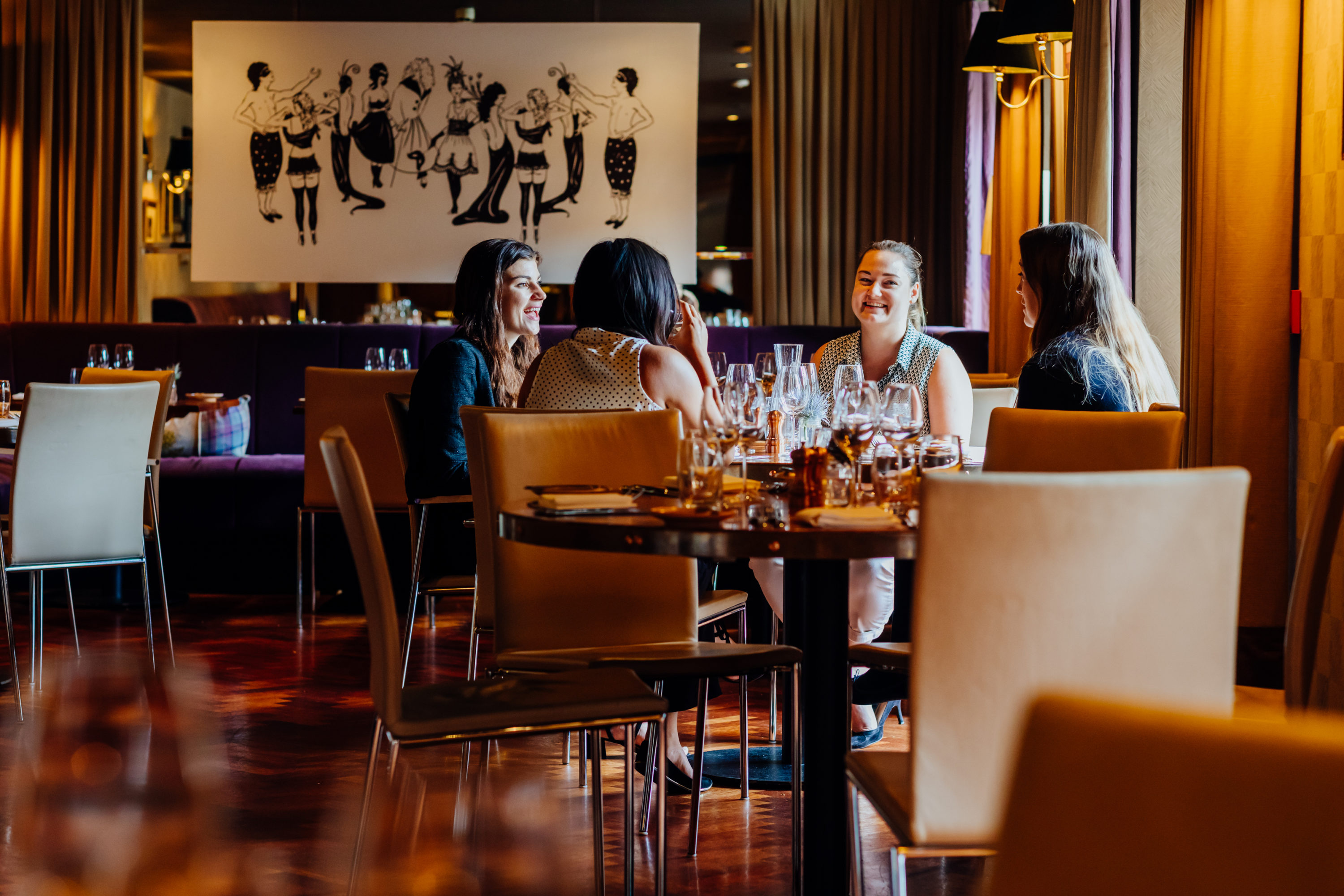OpenTable Encourages Diners to Travel With Its New Loyalty Play

Photo Credit: OpenTable and Kayak, both of which are owned by Booking Holdings, are offering OpenTable diners the opportunity to redeem their loyalty points for discounted hotel stays. OpenTable
Skift Take
This is a prime example of "Why didn't they think of this sooner?"


